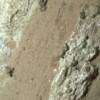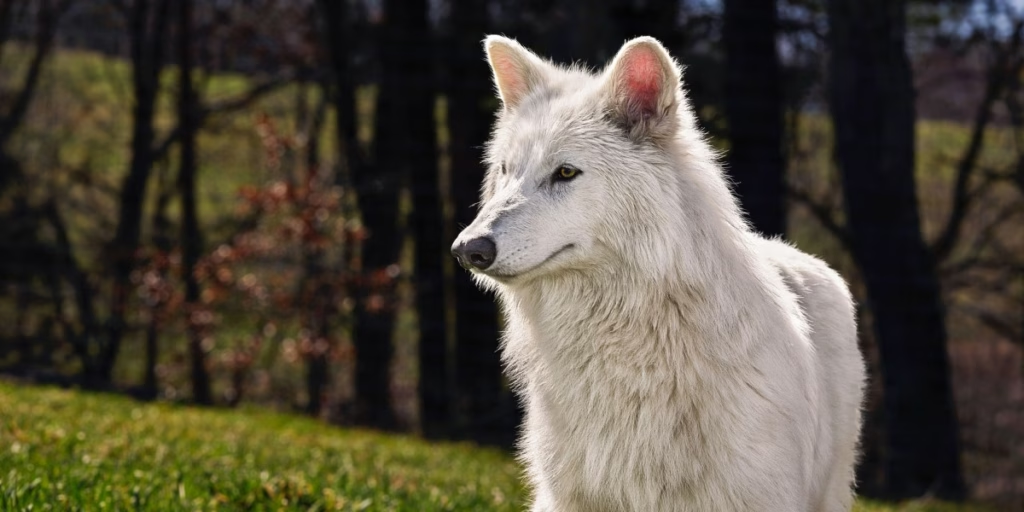NASA Finds Mars Rock That Might Reveal Evidence of Ancient Life

NASA Space Technology
NASA scientists have now discovered a single place on Mars with signs it once hosted all three of life’s main ingredients: liquid water, energy, and organic molecules.
On July 21, NASA’s Perseverance rover spotted a strange rock partially buried in a dry riverbed. White streaks hinted water once flowed through the stone, and Perseverance detected organic molecules — the building blocks of life — within. But what really stood out was a smattering of black and white spots along the rock’s surface. On Earth, such “leopard spots” are mainly known to form in two ways: from microbes, or through chemical reactions that can provide fuel for life.
Above – Leopard spots on Cheyava Falls A close-up of the Mars rock, nicknamed “Cheyava Falls”, showing its distinctive spots. These “leopard spots” are related to chemical reactions known on Earth to fuel life and are often associated with the presence of microbes.Image: NASA / JPL-Caltech / MSSS
The rock, nicknamed “Cheyava Falls”, still holds many unknowns. Its history, detailed chemical makeup, and the timing of its potential habitability all remain to be determined. Investigating any potential signs of past life will be a long, complicated process.
The Perserverence rover has cut off a piece. NASA will try to bring it back with a Sample return mission. It would then undergo detailed analysis with more powerful equipment.
The joint NASA/ESA mission, though currently being restructured following budget cuts, is intended to follow up on Perseverance’s most intriguing discoveries by taking them back to Earth. The rover has already collected dozens of samples along its journey. Now, Perseverance also carries a piece of Cheyava Falls that could shed light on its potential to have hosted life.


Brian Wang is a Futurist Thought Leader and a popular Science blogger with 1 million readers per month. His blog Nextbigfuture.com is ranked #1 Science News Blog. It covers many disruptive technology and trends including Space, Robotics, Artificial Intelligence, Medicine, Anti-aging Biotechnology, and Nanotechnology.
Known for identifying cutting edge technologies, he is currently a Co-Founder of a startup and fundraiser for high potential early-stage companies. He is the Head of Research for Allocations for deep technology investments and an Angel Investor at Space Angels.
A frequent speaker at corporations, he has been a TEDx speaker, a Singularity University speaker and guest at numerous interviews for radio and podcasts. He is open to public speaking and advising engagements.
Discover more from Tamfis Nigeria Lmited
Subscribe to get the latest posts sent to your email.



 Hot Deals
Hot Deals Shopfinish
Shopfinish Shop
Shop Appliances
Appliances Babies & Kids
Babies & Kids Best Selling
Best Selling Books
Books Consumer Electronics
Consumer Electronics Furniture
Furniture Home & Kitchen
Home & Kitchen Jewelry
Jewelry Luxury & Beauty
Luxury & Beauty Shoes
Shoes Training & Certifications
Training & Certifications Wears & Clothings
Wears & Clothings
















